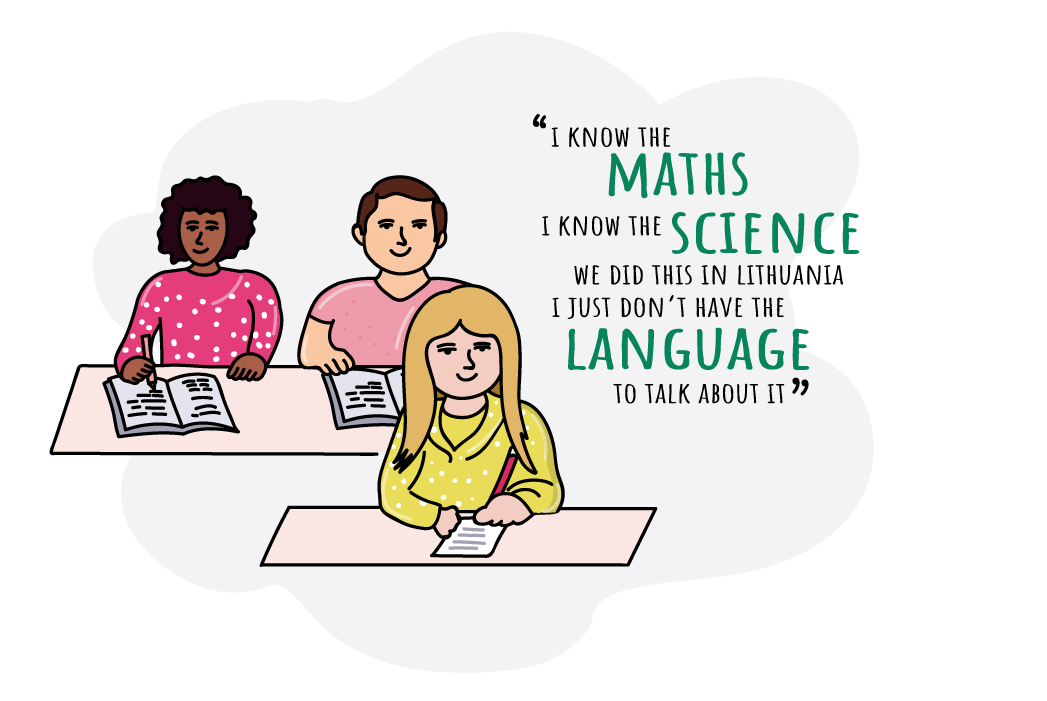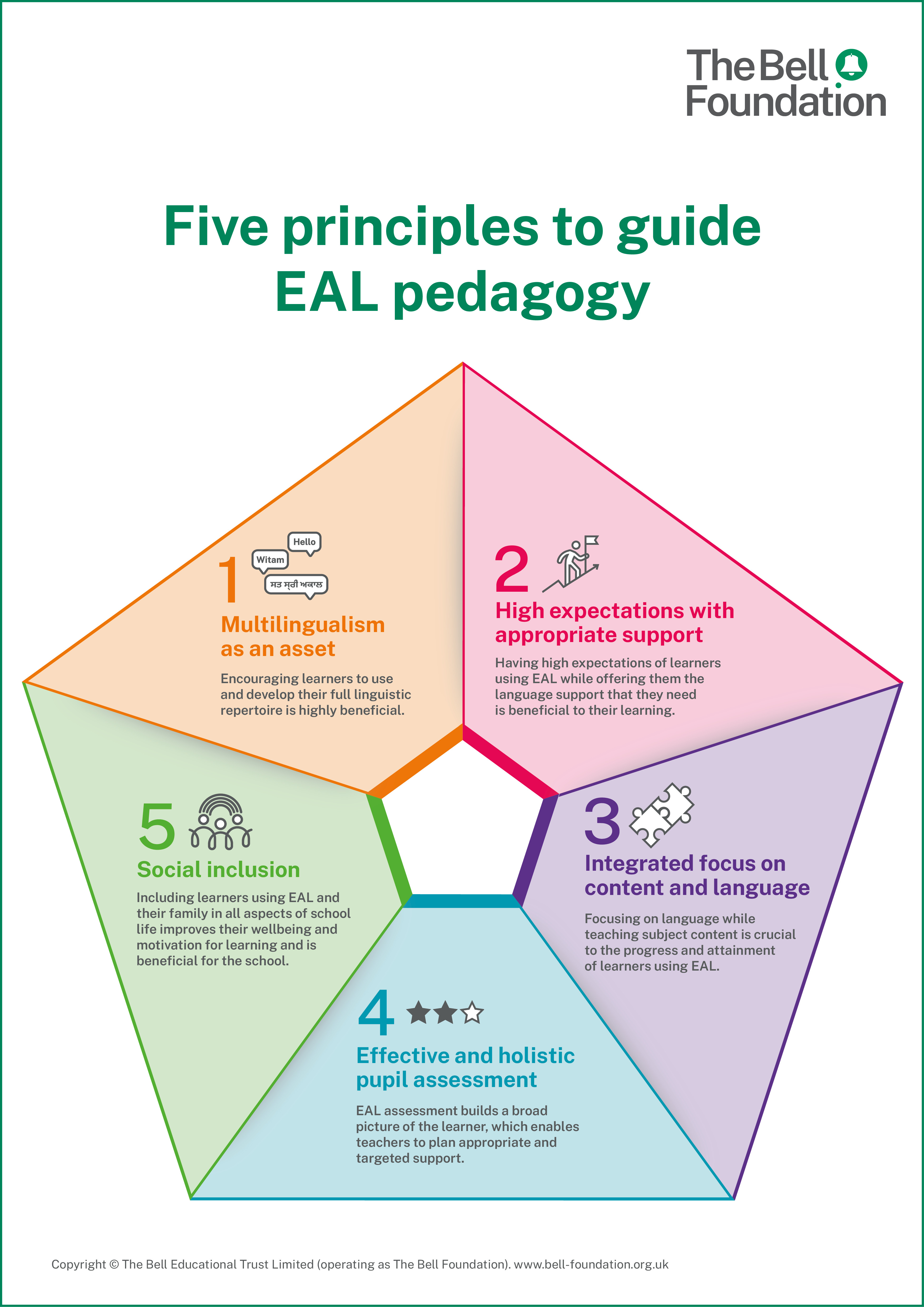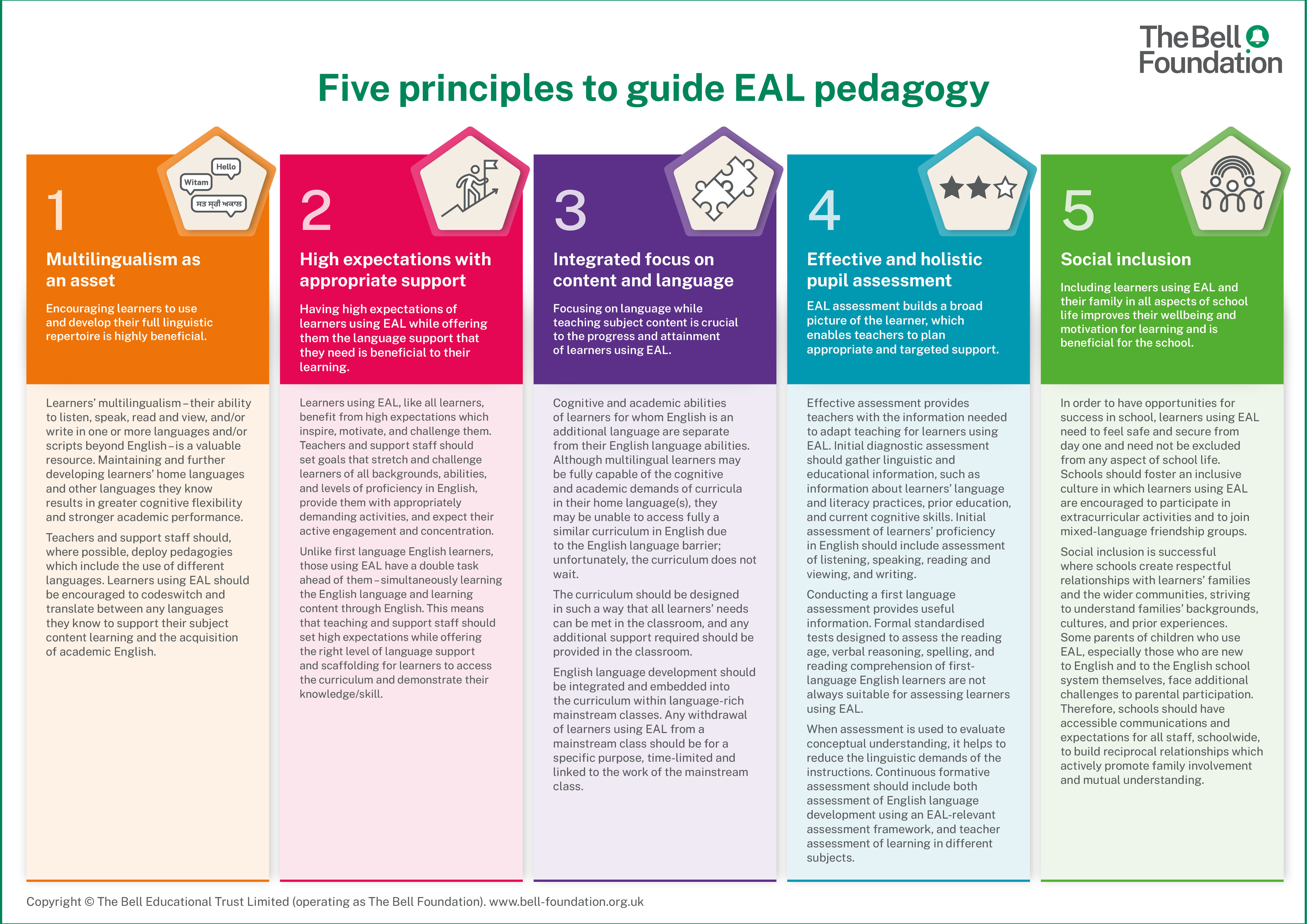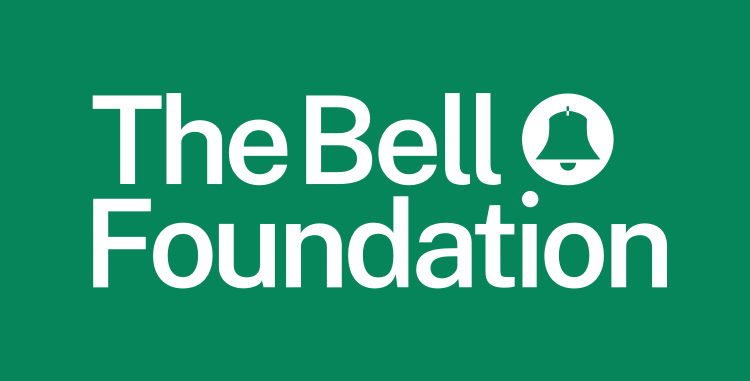We know that 21.4% of learners in England are recorded as “having a first language known or believed to be other than English” (DfE, June 2025). Whilst this data is not a measure of language proficiency, with over 1 in 5 learners speaking English as an Additional Language (EAL), diverse multilingual classrooms are the norm for most teachers.
These learners face the dual challenge of learning English, whilst learning through English.
Cognitive and academic abilities of learners for whom English is an additional language are separate from their English language abilities. Although multilingual learners may be fully capable of the cognitive and academic demands of curricula in their home language(s), they may be unable to access fully a similar curriculum in English due to the English language barrier;
alas, the curriculum does not wait.
The Bell Foundation
With 25% of school leaders prioritising adaptive teaching as a whole school priority (Teacher Tapp, March 2025) how is your school enabling all staff to feel confident and skilled in providing support to all, including multilingual learners?
As The Bell Foundation states, “multilingualism is an asset – for the learner, for the school, and for society. But, without effective classroom support, learners that speak English as an Additional Language (EAL) may not achieve their potential.”
What support is there for schools?
Since 2012, The Bell Foundation has worked “to improve policy, practice and systems to enable children, adults and communities in the UK that speak English as an Additional Language (EAL) to overcome disadvantage through language education.” Its work includes direct support to schools, settings and trusts to improve outcomes for multilingual learners. (The Bell Foundation)
A useful starting point is to look at The Bell Foundation’s five principles to guide EAL pedagogy, designed to guide schools as they develop and embed effective provision for EAL learners. By supporting schools to consider what is unique for this group of learners and what they have in common with all learners, these principles support schools to improve outcomes for learners speaking EAL in the classroom and beyond.
HFL Education is delighted to have recently become a Licensed Practitioner for The Bell Foundation’s Language for Results programme-and we are looking forward to expanding our offer to educational settings.
So, what is the Language for Results programme?
It is a CPD programme that has been carefully designed by The Bell Foundation using current research with a focus on practical strategies, providing staff with the skills, knowledge, and confidence to return to the classroom to support EAL learners.
In 2025-26 we will be offering the following online training courses from the Language for Results programme:
- Adaptive Teaching for learners using EAL -these short twilight sessions for primary and secondary staff will introduce teachers or TAs to easy-to-use strategies to implement immediately.
- Leading a Whole School Strategy for EAL - this practical and reflective session for school leaders will support schools to consider systems, resources and training that promotes improved educational outcomes for EAL learners. Factors affecting attainment, what inclusive pedagogy looks like, and the implications of this for senior leaders will be explored.
In addition, we are offering in-school support for schools, settings and trusts including a whole school evaluation of EAL provision. Through a range of practical activities including learning walks and focus groups, school leaders will be supported to review aspects of provision resulting in an agreed set of recommendations with suggested CPD, guidance and support.
If you would prefer training to be delivered during your INSET days or staff meetings, the Language for Results programme has a wide range of training on offer which we can deliver in primary or secondary settings including An Introduction to EAL Assessment, Teaching Assistants: Working with Learners using EAL, and Supporting New Arrivals who are New to English. If you are working across a trust, you may wish to consider EAL Coordinators: Leading EAL in your school.
The Bell Foundation also has a range of resources which are free of charge to all schools in the UK. These two have been particularly popular with schools we have worked with recently and are well worth investigating:
- EAL Assessment Framework for Schools - supporting early years, primary and secondary schools to measure progression in listening, speaking, reading, and writing and including a digital EAL Assessment Tracker.
- EAL and SEND: Guidance for Integrated Provision in Schools _ supporting schools to consider how EAL learners who may also have SEND receive support that matches need and improves outcomes.
Sign up to their Resource Library to access these and a wide range of other resources to support adaptations for the classroom from early years to post 16.
If you have any questions or require further support do contact us at EAL@hfleducation.org
“Effective Teaching of EAL Learners” The Bell Foundation









